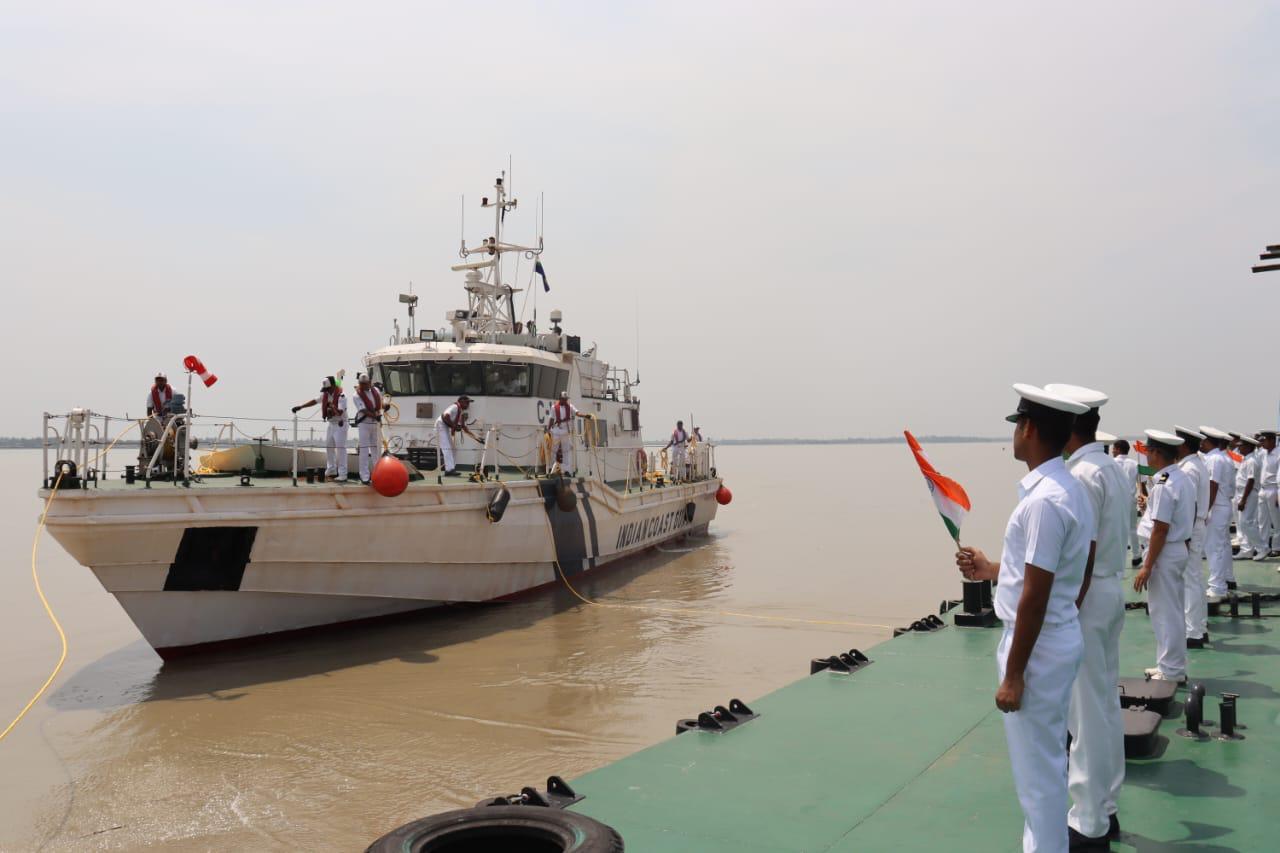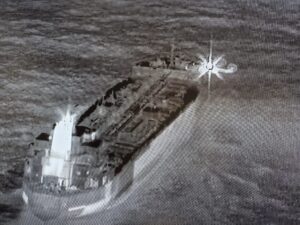Recent incidents aboard vessels, including personnel disappearances, potential suicides, collisions, casualties, and other maritime security concerns, have prompted a thorough reassessment of existing safety protocols and the implementation of more robust security measures.
India’s Directorate General of Shipping has evaluated various solutions to address these pressing concerns. After extensive deliberation and consultation, installing Closed-Circuit Television (CCTV) systems on all Indian-flagged merchant vessels has been identified as a necessary and effective measure to enhance onboard safety and security and provide valuable documentation in the event of incidents.
A draft merchant shipping notice from the Directorate General of Shipping said all existing Indian-flagged vessels with a gross tonnage exceeding 3000 GT shall be required to install Closed Circuit Television (CCTV) systems.
The draft outlines in detail all the requirements for the installation of Closed Circuit Television (CCTV) systems on all existing Indian-flagged vessels with a gross tonnage exceeding 3000 GT, on any vessel undergoing conversion from a foreign flag and being registered into the Indian registry, and also on all newly constructed vessels being registered under the Indian Flag irrespective of size.
In accordance with the draft, the CCTV system installed on the ships should have comprehensive coverage of all access points, deck areas (including mooring stations), and critical zones, strategically positioned to eliminate blind spots.
Specific attention shall be given to high-risk areas such as railings, common areas, and isolated spaces.
The coverage shall also include the navigation bridge and engine room for operational monitoring and collision avoidance analysis.
The system shall also provide for continuous 24/7 recording with a minimum storage capacity for 90 days of footage. Additionally, backup storage systems shall be implemented to prevent data loss, and tamper-evident storage solutions is also to be utilized to maintain the integrity of the system.
Furthermore, a centralized monitoring station shall be established on the bridge or in a dedicated security office, with a user-friendly interface for real-time monitoring and playback. There should be access control measures shall be implemented to prevent unauthorized system alterations.
Additionally, the CCTV systems of all foreign-going vessels shall have secure, encrypted data transmission capabilities for the main deck and accommodation feeds to authorized shore-based facilities and be compatible with remote access by the Directorate or other designated security agencies, Indian Armed Forces (including the Coast Guard), and authorized casualty investigators.
Thorough training on system operation, monitoring, and maintenance shall be provided to the master and crew, with CCTV protocols included in regular security drills and exercises.
The deficiency with respect to CCTV installation shall not be considered detainable during the Flag State inspections. The ship owners/managers should be given a reasonable time period for rectification of deficiencies (if any) noted in CCTV installations during the inspections.
The vessel’s safety management system shall be updated to incorporate CCTV protocols and align with ISM Code requirements.
The Draft Merchant Shipping Notice of India’s Directorate General of Shipping can be found here.



